
Campaigns
Angling Trust and UK Bluefin Tuna Association response to the UK’s Eastern Atlantic and Mediterranean bluefin tuna fishing, farming, inspection and capacity management plan
The UK government, on behalf of the UK and its devolved administrations, has submitted its Atlantic Bluefin Fishing Plan 2023 to the International Commission for the Conservation of Atlantic Tunas (ICCAT). This will be considered at the ICCAT intersessional meeting on 7th to 10th March.
The 2023 plan proposes to continue a Catch and Release Tag (CHART) science programme this year, allowing a quota of 10 tonnes for this purpose. In addition, the UK is proposing to allocate 39 tonnes for a “pilot” commercial fishery to operate between August and November 2023.
This fishery “is aimed at proving the viability of a small-scale, highly selective fishery sourcing large, high-quality fish for the human consumption market.” It would, “be conducted by small vessels utilising rod and reel with lures attached; no live bait or chumming will be permitted.” A proportion of the quote allocated to the UK (15 tonnes) would be retained for the purpose of bycatch from vessels targeting other species.
We welcome the commitment set out in the plan for a CHART programme in 2023, to be delivered along similar lines and with a similar structure to CHART in 2022 (the details of the programme are yet to be established). We also welcome the continued allocation of 10 tonnes of the UK’s quota for this purpose.
Whilst we have no philosophical objection to a sustainable, well considered commercial bluefin fishery at some stage, we are disappointed the government has chosen to prioritise a “pilot” commercial fishery at this time whilst continuing to fail to deliver a recreational catch and release fishery.
The introduction of such a licensed recreational catch and release fishery in 2023 would have been a more optimal option that would have delivered a greater economic benefit to coastal communities and would have been conducted to the highest welfare standards. The government have instead cited bureaucratic and legal barriers to the introduction of such a fishery.
Given the government has been able to overcome such barriers in other areas of fisheries management, not least in the proposed introduction of a commercial spurdog fishery despite the status of spurdog being listed as vulnerable, we feel this is a missed opportunity. It seems more designed to satisfy the demands of vested commercial interests than to deliver the greatest possible benefits to coastal communities.
We are concerned to see the adoption of the lowest possible minimum landing size (MLS) in that commercial fishery (115cm) will see the targeting of 3-4 year old fish that may not yet have even spawned once. This, in our view, is at odds with the aspirations for sustainable, world class fisheries management and in complete contrast to the successful catch and release recreational fishery that has been in place for the past two years. The MLS of 185cm adopted by the US commercial bluefin fishery, 7-8 years of age, would be a far more sustainable approach and we urge the government to adopt this regime and not to risk damaging this new and exciting fishery.
A market for commercially-caught bluefin tuna from UK waters does not, as yet, appear to have been established and we question how this will be done prior to the introduction of a “pilot” rod and line commercial fishery. The risk of not establishing such a market is great and the failure to do so will dramatically decrease the economic benefit of landing these fish, leaving their value at only a few hundred pounds.
The CHART programme, over the two years it has been conducted, has demonstrated the potential for a recreational catch and release fishery to make a major economic contribution to coastal communities from where boats operate, extending the tourism season well into the autumn and early winter, and delivering the most efficient exploitation of a major new natural capital resource to be found in the UK waters.
We are seeking a commitment from the government to finally publish their recent quota consultation conclusion and public pledge to deliver a recreational fishery for 2024. This announcement in the Fishing Plan before the publication of that consultation flies in the face of the commitments we have repeatedly received and clearly ‘prejudges’ the outcome of that consultation. We do not want to see any further expansion of the commercial fishery in advance of an introduction of a recreational fishery, at the point when the quota allocation is next reviewed by ICCAT.
We remain committed to working with the government on the design and implementation of CHART in 2023 and look forward to Defra providing answers to the questions we have put to them as part of the design of the 2023 programme.
You might also like
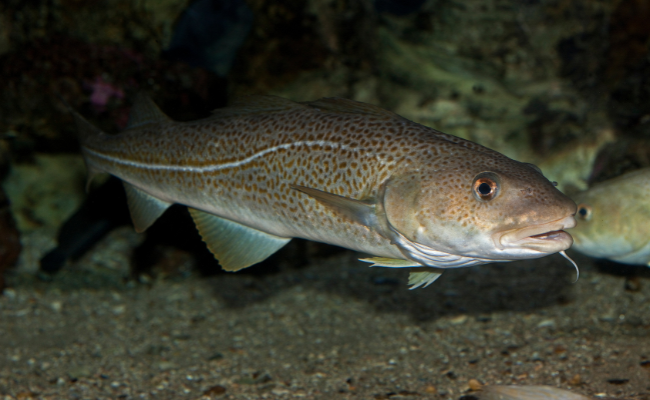
Will the UK-EU Fisheries Deal Deliver for Sustainability and…
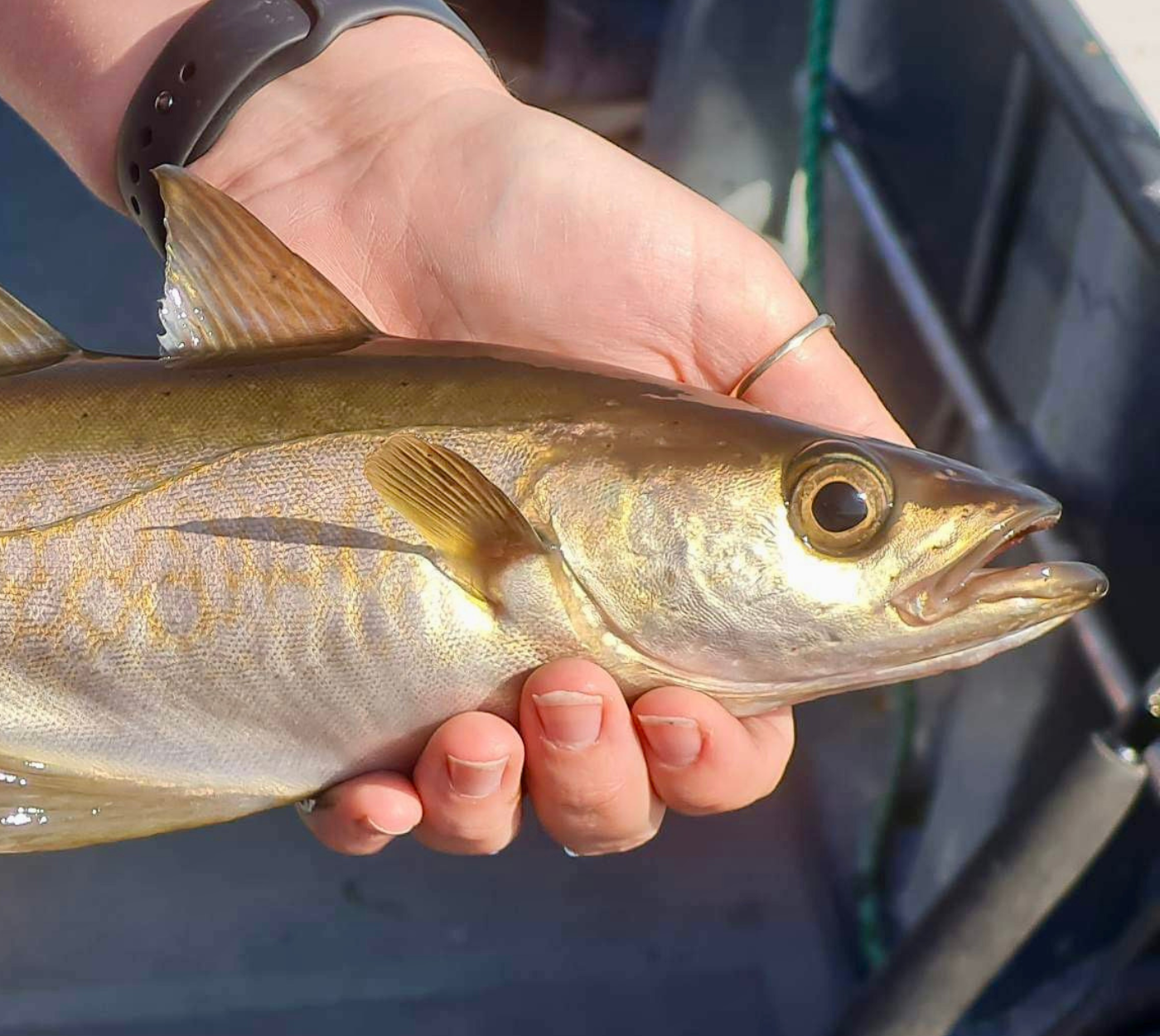
Minister’s Visit Highlights Collaborative Action on Pollack Conservation

Angling Trust calls for radical reforms to end sewage…
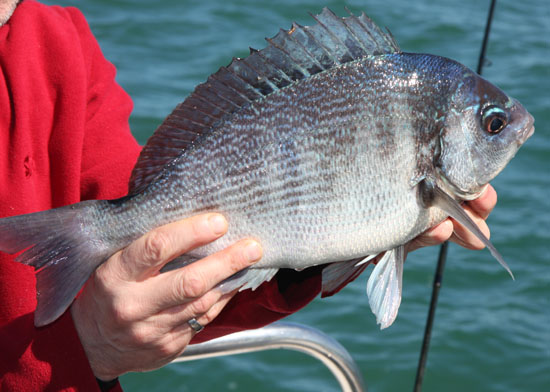
Have Your Say: Shape the Future of Black Bream…
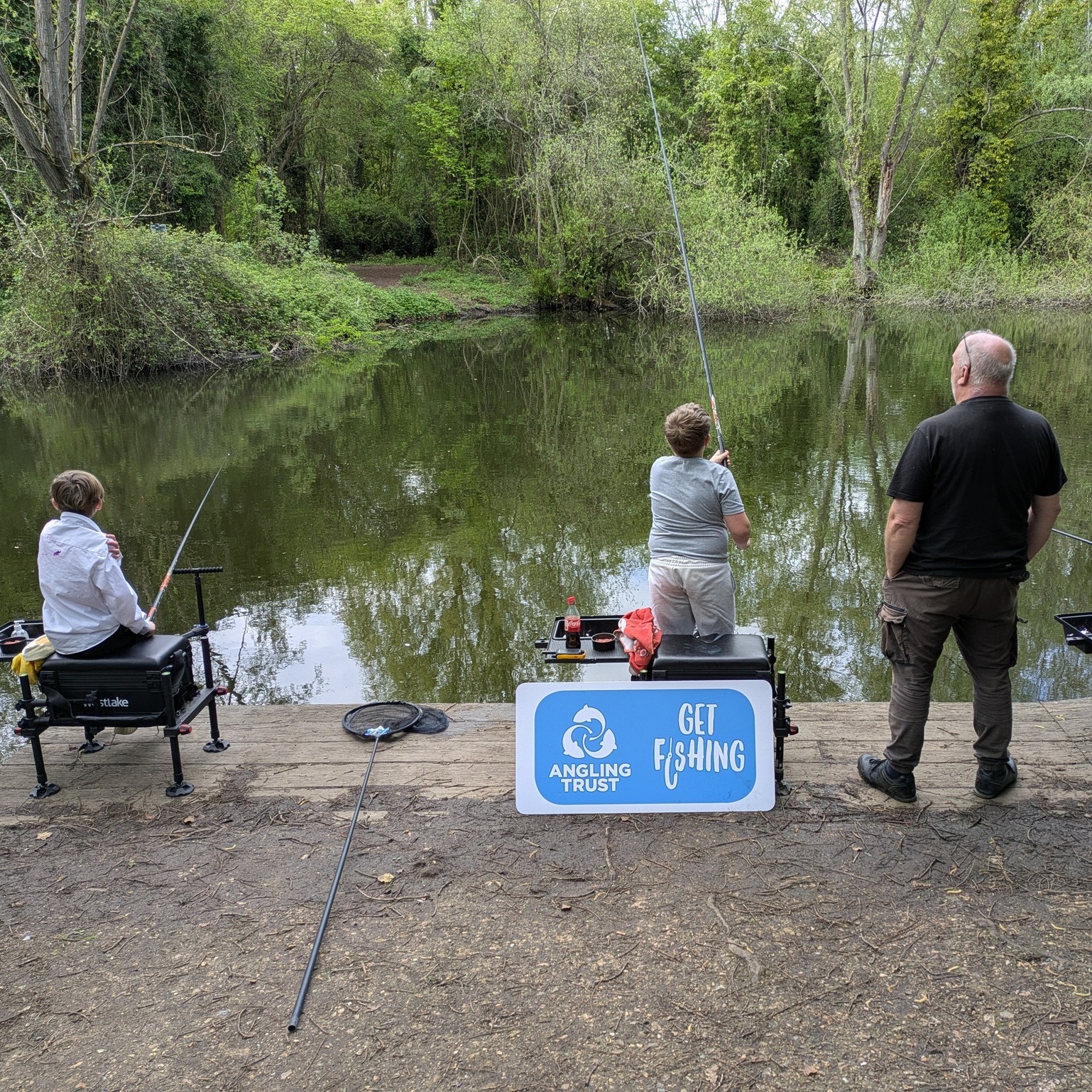
NEW BLOG: Get Fishing Award event for North Cambridge…

Angling Improvement Fund Opens for Nets, Mats & Slings

Mental Health Awareness Week is a time for angling…
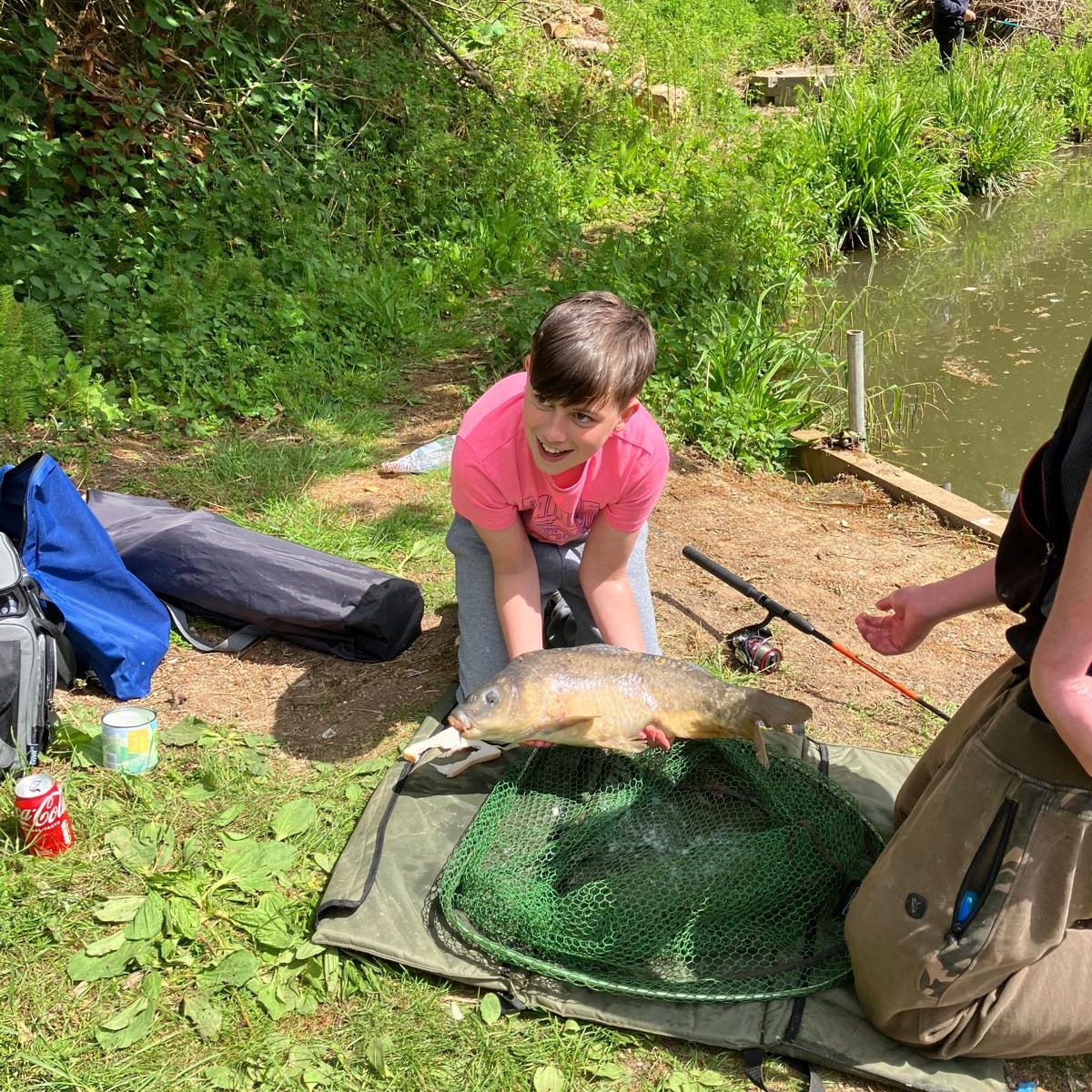
Want to learn how to fish? Get Fishing Awards…

Tuffers bowled over by the benefits of angling and…
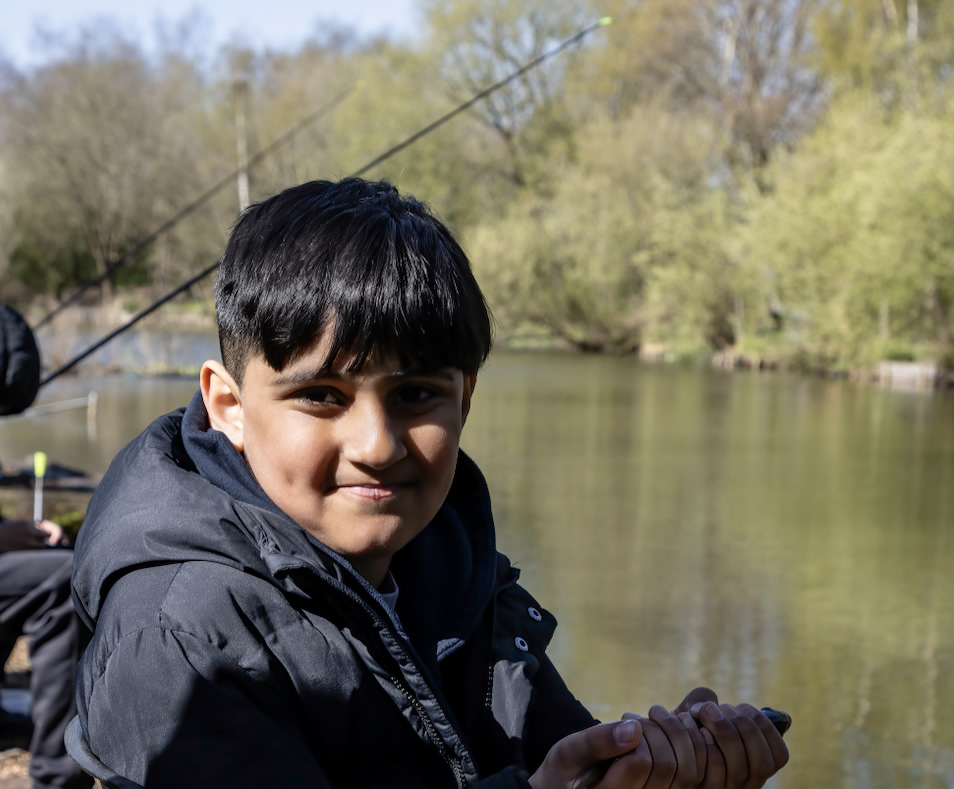
Young nature warriors reel in success with Get Fishing…

Bury women’s community group gives fishing a go

NEW BLOG: Get Fishing Awards get people into fishing…

Will the UK-EU Fisheries Deal Deliver for Sustainability and…

Minister’s Visit Highlights Collaborative Action on Pollack Conservation

Angling Trust calls for radical reforms to end sewage…

Have Your Say: Shape the Future of Black Bream…

NEW BLOG: Get Fishing Award event for North Cambridge…

Angling Improvement Fund Opens for Nets, Mats & Slings

Mental Health Awareness Week is a time for angling…

Want to learn how to fish? Get Fishing Awards…

Tuffers bowled over by the benefits of angling and…

Young nature warriors reel in success with Get Fishing…

Bury women’s community group gives fishing a go

NEW BLOG: Get Fishing Awards get people into fishing…

Will the UK-EU Fisheries Deal Deliver for Sustainability and…

Minister’s Visit Highlights Collaborative Action on Pollack Conservation

Angling Trust calls for radical reforms to end sewage…

Have Your Say: Shape the Future of Black Bream…

NEW BLOG: Get Fishing Award event for North Cambridge…

Angling Improvement Fund Opens for Nets, Mats & Slings

Mental Health Awareness Week is a time for angling…

Want to learn how to fish? Get Fishing Awards…

Tuffers bowled over by the benefits of angling and…

Young nature warriors reel in success with Get Fishing…

Bury women’s community group gives fishing a go









